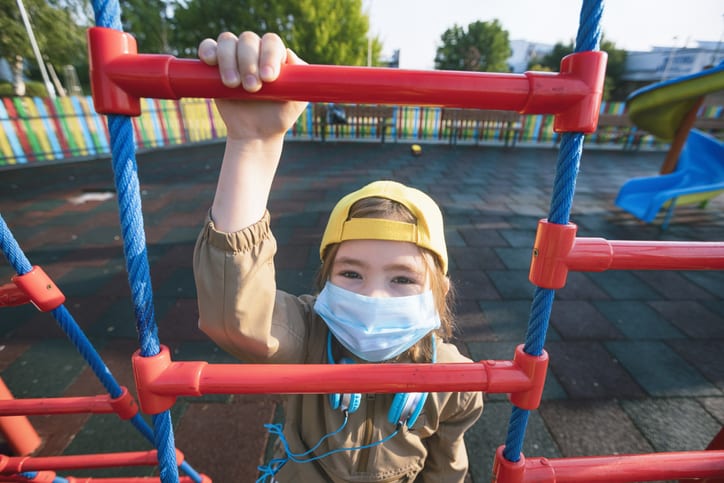
by hanna | Mar 9, 2022 | Awareness, Physical Health
A Guide to Aging and Exercise Think that exercise is only a young person’s game? It’s not! People of all ages should be participating in regular exercise. It’s essential for maintaining our physical, mental, and emotional health as well as preventing...

by hanna | Jun 10, 2021 | General News, Mental Health, Physical Health
Studies show that over the summer kids can lose much of what they learned during the school year. By planning activities for your kids this summer, you’re keeping them physically, mentally and socially strong. The added structure to their daily routine is a bonus for...




